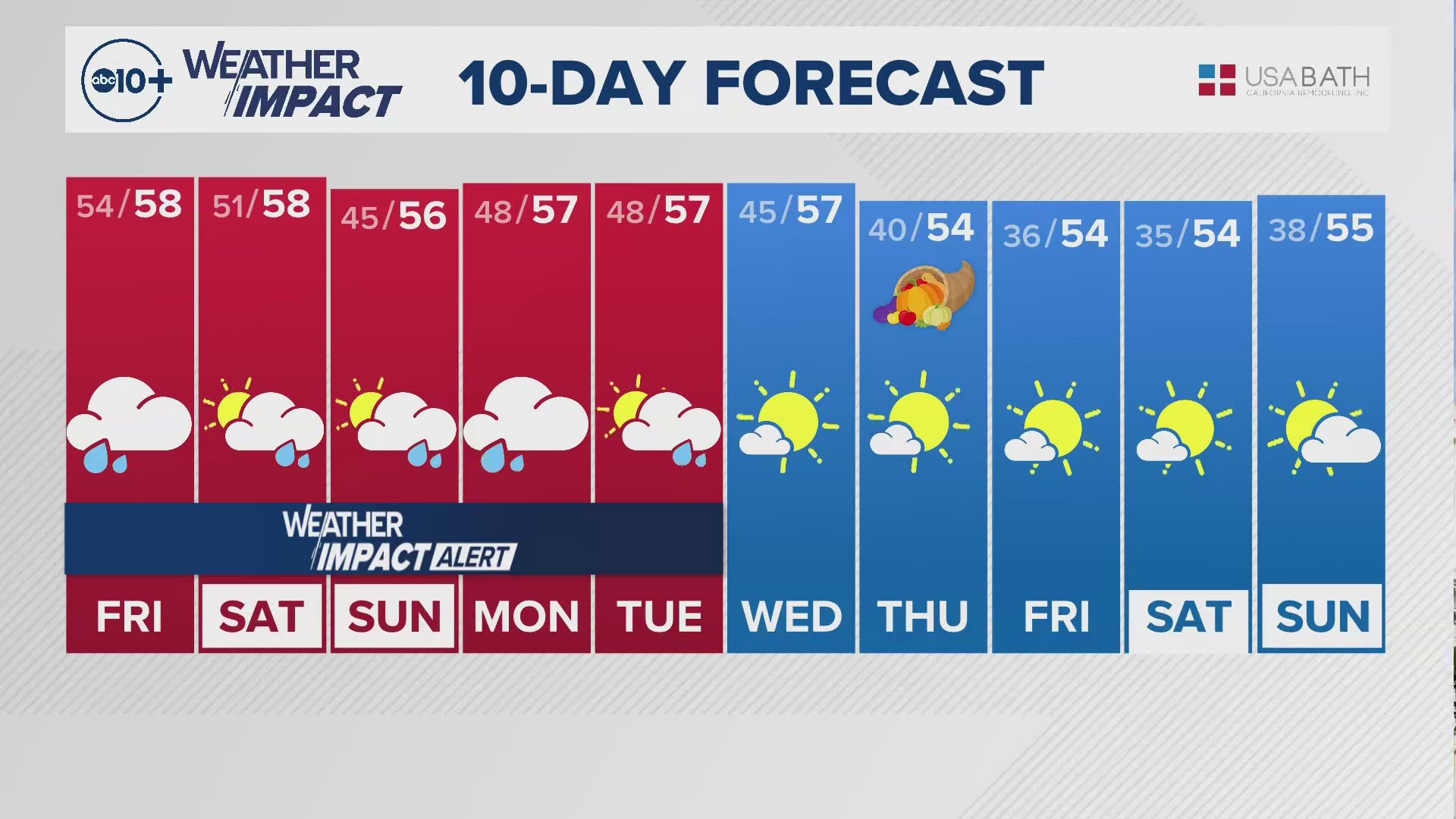CALIFORNIA, USA — In recent days, police and school districts alike have been trying to sift through a barrage of false social media threats that were part of an online trend. Multiple minors have been arrested, but what happens next isn't as clear cut.
While there's no shortage of variance for what happens to a minor arrested for a school threat, the common thread is every threat will be investigated and the end result could have them in front of a judge.
Mark Dennings, Chief Deputy District Attorney for the San Joaquin County District Attorney's Office, has been with the DA's office for more than 20 years. About half of that experience had him involved in juvenile crimes.
It's not the first time he's seen social media threats or related arrests, but he did say these types of threats have increased. He says they are most common at the start of the school year, when students are facing the stress of a new environment.
Nonetheless, when a minor makes a threat toward a school — joke or not — it gets investigated.
“There’s so many different paths it can take,” Dennings said.
After a report comes in, it can start with law enforcement talking with the minor and their parents. From there, they figure out what's going on, how the threat came about and whether it was a bad joke or a call for help.
“You will have kids who are joking around, think its just funny, kids who are just trying to get out of a day of school and get the school to shut down…,” Dennings said.
There's also a chance the person was serious about the threat.
“That person could be arrested. That person could be cited out, which means they’re basically given a ticket — you have to got to court on this day at this time — or they can be referred to the DA’s office and allow the DA’s office to make a decision,” Dennings said.
In more extreme cases, officers arrive to the child's home, talk with the parents, take the child into custody and book them into juvenile hall.
“He’ll be strip searched, his clothes will be taken, he’ll be showered. The paperwork will begin and, usually within 48 hours or less, that individual will be in front of a juvenile judge,” Dennings said.
At that point, the judge determines if the minor will be going home or staying in custody.
“Most of the time, it’s a bad joke. It’s trying to get attention from a group of kids. It’s trying to be cool. Most of the time, that’s the path it takes. The problem is many teenagers, or minors, don’t see what the end result can be,” Dennings said.
As a parent to a 13-year-old himself, he tells his own son what could happen and how it's not something he wants to be involved with.
“He or she made a mistake. Did they think it was funny at the time? Maybe so, but it’s not a funny thing and they're going to end up seeing the serious side of it and how serious it can be,” Dennings said. “The easy part is you may get suspended or expelled. The bad part is you’re now under a criminal investigation and it’s not what the families want."





















